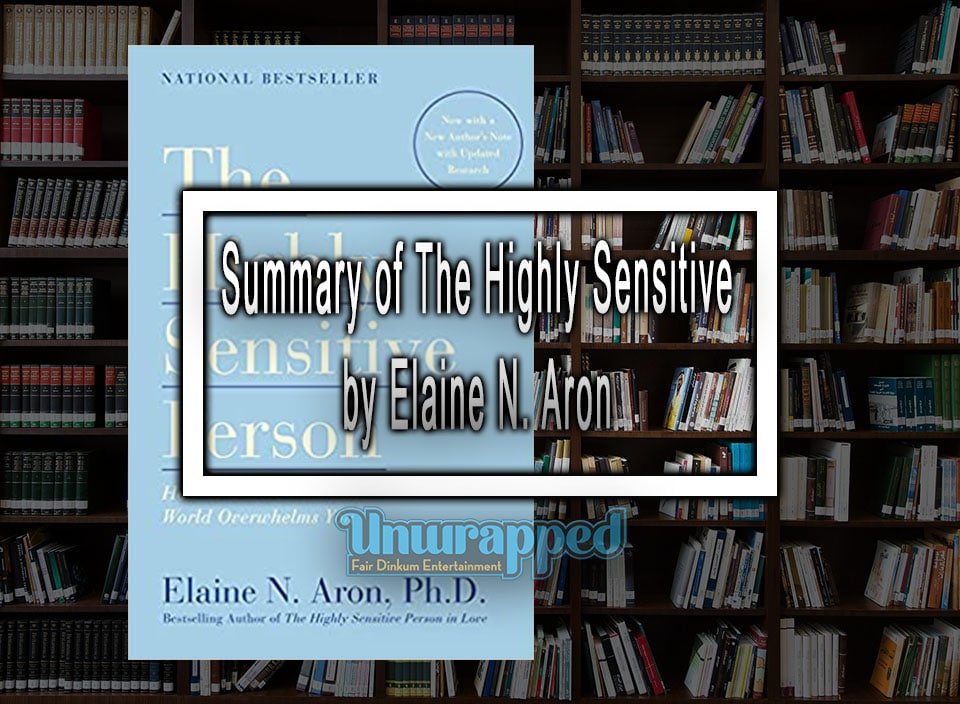The Highly Sensitive: Elaine Aron
I liked the book– A worth reading book who are highly sensitive persons, people are living with HSPs to educators and employers. Anyone desirous of understanding people and human nature.
In this book, the author discusses the psychology of highly sensitive people. The author defines a highly sensitive person as having a highly sensitive nervous system.
Definition of an HSP:
Such a person is highly sensitive to his surroundings. A person gets emotionally charged because of stimulation in the environment.
Environment affects HSPs- the author says being an HSP is not a fixed constant and can change. Individualistic and socially aggressive cultures affect the worst environments for HSPs. The author opines that Teachers, parents advised HSPs during their growing up age, and sometimes doctors to overcome their high sensitivity. So there is a possibility they had a more tough childhood compared to non-highly sensitive peers. The author suggests that HSO children under stress would become noisier. HSPs are more cautious and conscientious. They often take advisory roles, such as historians, writers, artists, judges, philosophers, theologians, therapists, and teachers.
The author believes HSPs must maintain a balance. Neither too much withdrawal nor too much pushing around. HSPs can find their place in society and be successful at their own pace. The author further opines that HSPs need more good sleep than non-HSPs.
HSPs dislike mixing up and attend parties and take an interest in politics. Therefore, the author suggests they let others know about their feelings to colleagues and superiors about the work. Hence not looking suspicious in day-to-day life.
The Good Points or Traits of HSPs
They are lovely employees—conscientious, loyal, caring, and planning meticulous details regarding customers and clients. The author opines and suggests the employers avoid monitoring HSPs. HSPs dislike aggressive self-promotions when they deserve. The sensitive nature of HSPs can be a boon for the company where they are employed.
Love: HSPs do not fall in love easily, and some avoid it. HSPs may be more sensitive to sexual stimulation; as a result, HSPs’ sexual life is more satisfying and requires less variety. HSPs seek intimacy and prefer space. The author points out HSPs have a more significant tendency to reject and deny part of themselves.











